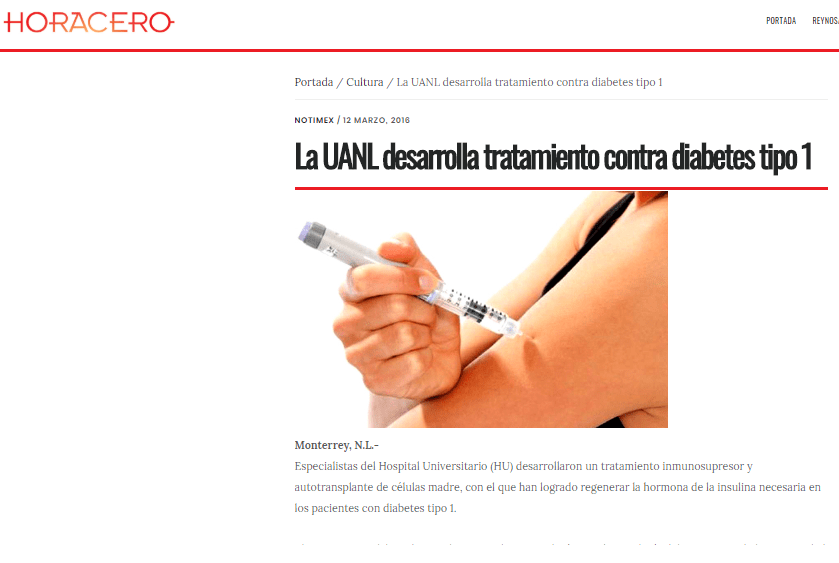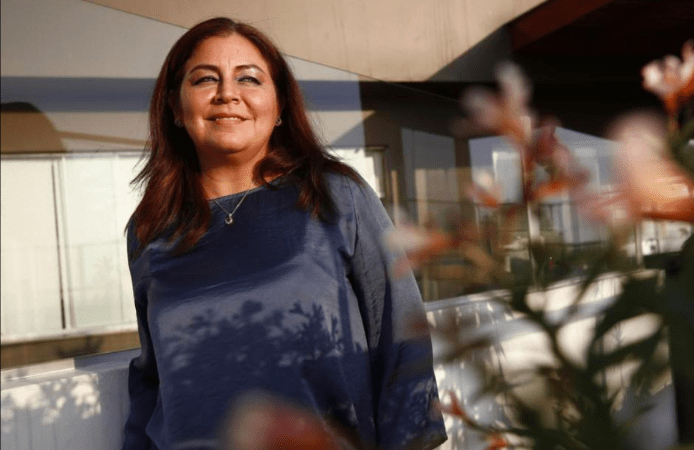The Blood Bank of the University Autonoma de Nuevo Leon is the only one of its kind in Mexico since it fulfills two functions: stores the blood of voluntary donations and it serves as a harvest of stem cells.
“Our Hematology Service has that quality because it has -let’s say- two banks of high-tech blood and, in this sense, the University Hospital is the best prepared in the country for the matter “, explained the head of the area, David Gomez Almaguer, MD.
In this space located within the Hospital University “Dr. Jose Eleuterio Gonzalez “, he has performed more than 10 thousand blood transfusions annually. While the section which works
with stem cells, allows them to be carried out large-scale transplants on the matter.
“Due to the work which we perform with the stem cells, we make more than 100 transplants of bone marrow a year and this places us as leaders in this sector”, said the specialist of the UANL.
This field of health allows treating diseases as leukemias, lymphomas, anemia aplastic, autoimmune diseases, among others.
But in addition to performing this type of medical procedure, they work on added cellular and sophisticated research development
which impacts on scientific publications.
What you should know about blood donation
Blood donation is made by healthy people, that is, that do not suffer from a disease or that have any medical prescription. Those who donate have no important consequence in the body for doing it, since the blood regenerates quickly.
The age range to donate is from 18 to 65 years. Both men and women, have to have a minimum weight of 50 kilograms.
The quantity extracted from blood is 500 milliliters. A bag of 500 milliliters can contribute to the health of up to three people.
After being removed, the blood has a refrigeration storage period of around 30 days.
The donation may include blood and/or platelets.
Blood is used to contribute to transfusions, surgeries, and patients with some medical urgency.


